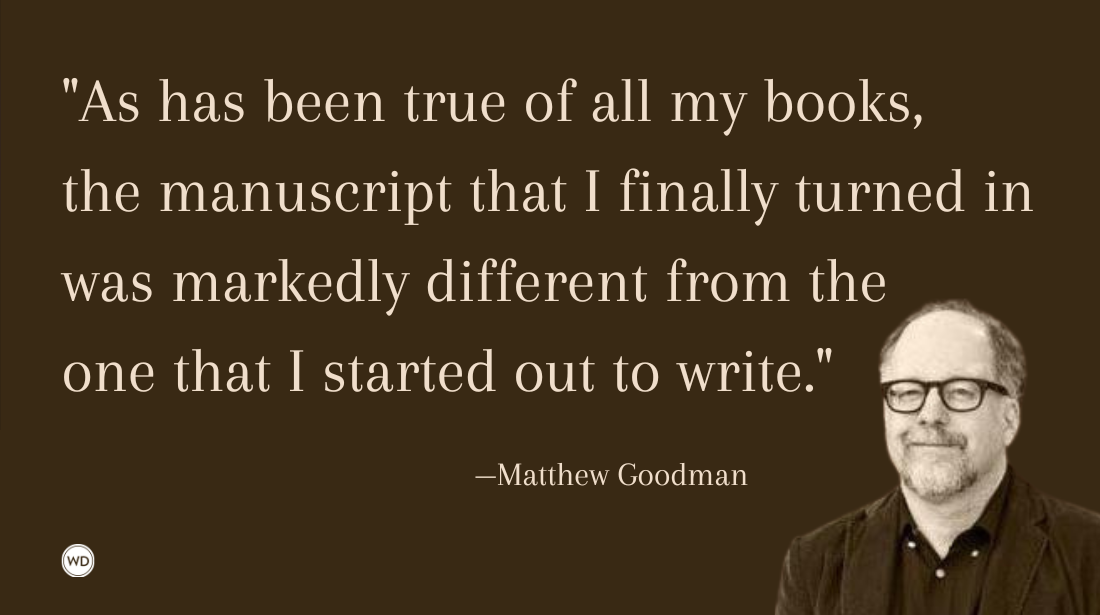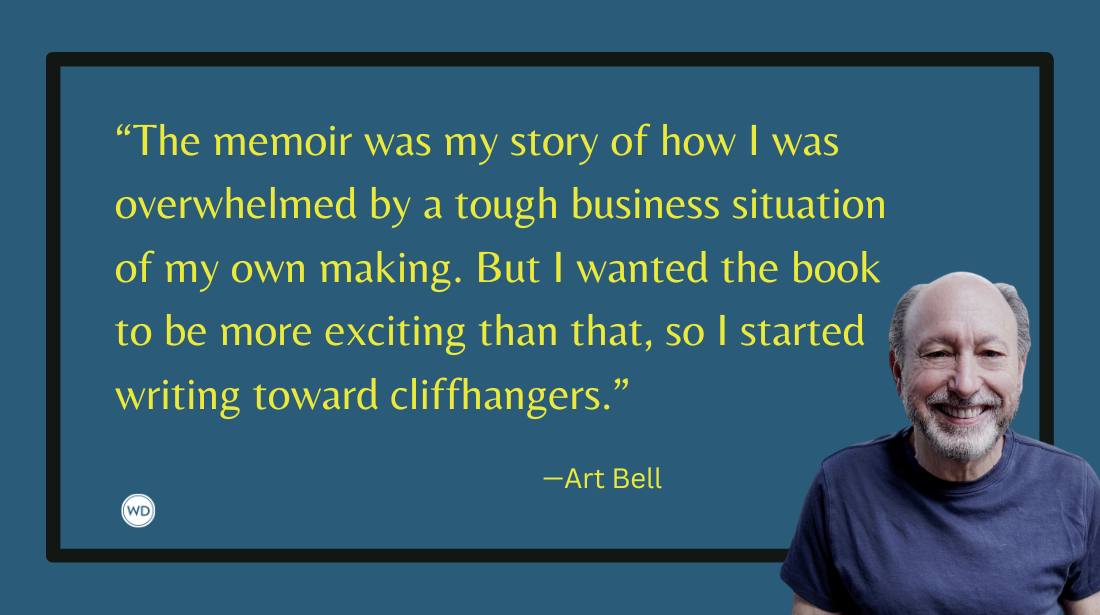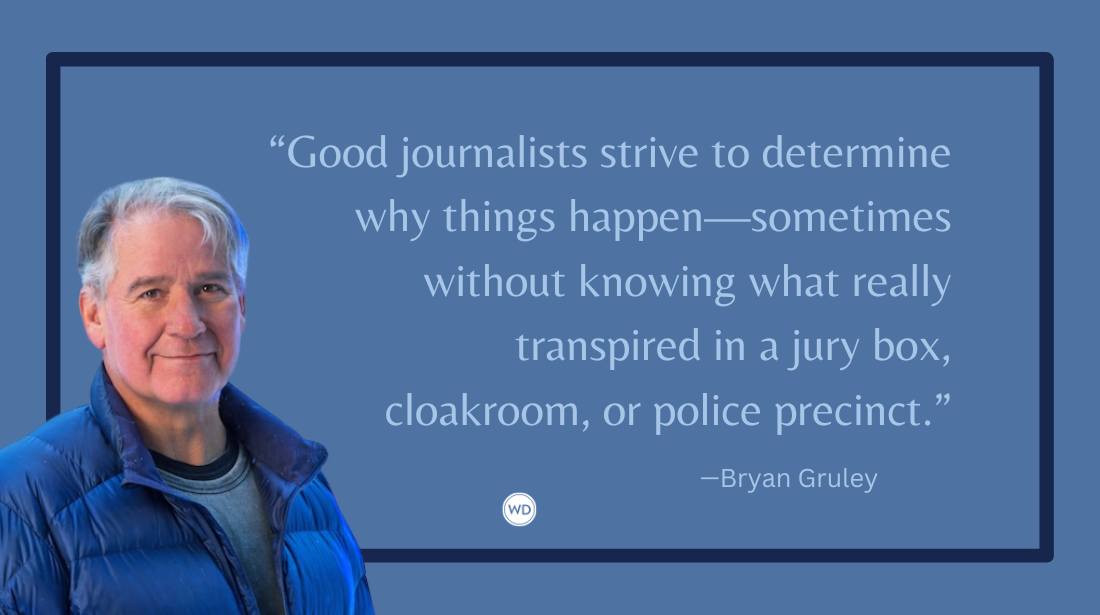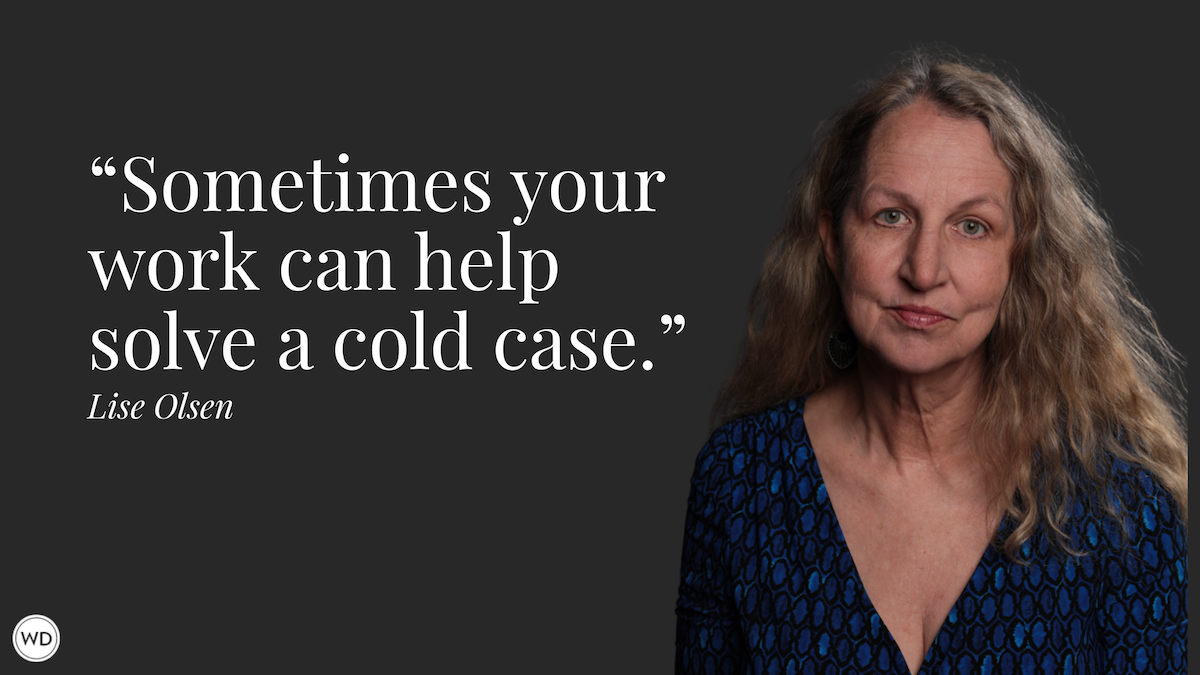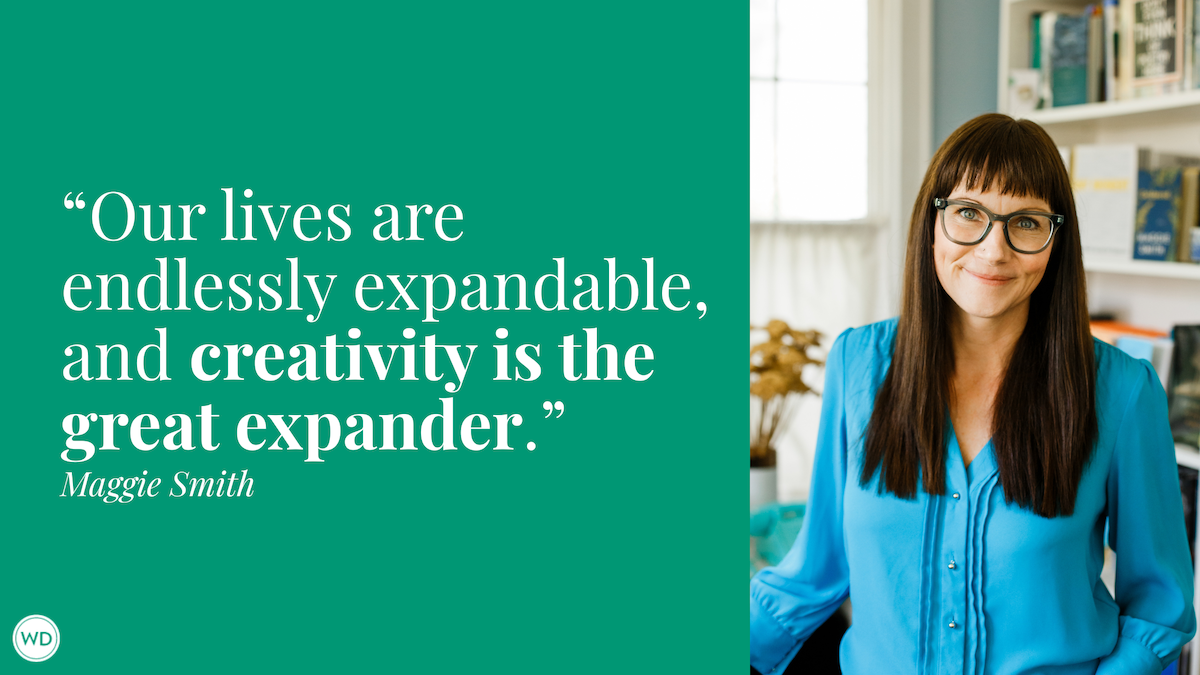12 Pros and Cons of Self-Publishing Your Cookbook
Cookbook author Deanna Martinez-Bey shares 12 pros and cons of self-publishing your cookbook to help you make the best choice for you and your manuscript.
So, you have written a cookbook and are trying to decide between working with a publishing company and self-publishing. It can be a tough decision. Hopefully, after you read over my list of pros and cons, you will have a clear direction as to which choice is best for you.
Pros and Cons of Working With a Publishing Company
Pros:
- If you decide to work with a publisher, typically, they will have a team working with them to design your cover, edit your manuscript, and upload your book for distribution.
- A publisher will also guide you through the entire process.
- Some publishers will set up book signings and blog tours for their authors and can get your books sold in stores.
Cons:
- To land a publisher, an author must send out a query letter to each agency. Querying agents and publishers takes time and patience because rejection letters are inevitable. In addition, most publishers have stacks of query letters to read, so the time they take to respond to your letter can be lengthy.
- You may think that if you work with a publishing company, you will not have to network your books on social media. Not true. 90 percent of book networking falls on the author, even though they are working with a publisher. No one wants to sell your books more than you do.
- When an author works with a publishing company, the company can suggest you make edits to your manuscript.
- Your publisher will also decide on the release date for your books.
Pros and Cons of Self-Publishing
Pros:
- When you decide to go with self-publishing, there is no time spent writing an amazing query letter or taking the time to email them to publishers.
- You, the author, decide where and when to publish, and you decide on your characters and the story. You are in complete control. Imagine writing a book and preparing it for publication on your timeline with no deadlines or stress.
Cons:
- Self-publishing requires the author to become a social media manager, cover designer, editor, and book formatter. If you are not savvy with these types of services, you can always hire someone to take care of them for you.
- Deciding which platform you want to use for publishing falls on your shoulders. Keep in mind that many retailers will not sell your books in the store if they are print-on-demand books. (Amazon is print-on-demand.)
- As an Independent (Indie) author, you are responsible for setting up your book signings and blog tours.
There are many aspects to cover when it comes to self-publishing, from formatting and uploading to researching and networking. First, however, I wanted to give you an essential list of pros and cons to start you on your journey.
Deanna Martinez-Bey is an author, social media manager, copy editor, and freelance writer. With 18 published books under her belt and articles published in multiple magazines and online, Deanna surrounds herself with books and writing on many levels. She believes that people bond over good food and books! Follow her on Amazon: Amazon Author Page



